At the workshop “Implementing ESG with AI, what should businesses do?” co-organized by Dan Tri newspaper and the Department of Science and Technology of Ho Chi Minh City on the afternoon of August 14, many experts, business leaders, and managers recognized that AI is playing an important role in promoting the sustainable development of businesses, from optimizing operations to improving management efficiency.
The application of AI still faces many "bottlenecks", especially in finance.
According to Mr. Dang Thanh Tung, Deputy Head of Strategy Department of Vietnam National Energy Industry Group (PVN), the oil and gas and energy sector is facing many pressures at the same time: Climate change, requirements to ensure energy security, maintain reasonable prices, policy changes and geopolitical conflicts.
Mr. Tung said that these fluctuations cause energy prices to change continuously, directly affecting production and business activities.
"In the world , major oil and gas corporations have identified clean energy development as a top priority, considering it the key to long-term survival and sustainable development. In Vietnam, ESG and sustainable development are two factors that must go hand in hand, closely linked to corporate governance strategies," he said.
According to the leader of PVN, AI is playing an important role in promoting this process, from optimizing operations to improving management efficiency. However, he assessed that the application of AI still faces many "bottlenecks".

Mr. Dang Thanh Tung, Deputy Head of Strategy Department of Vietnam National Industry and Energy Group (PVN), said that applying AI still faces many difficulties for businesses (Photo: Hoang Viet).
Specifically, there is a need for large investments to build databases, a long-term implementation roadmap, asynchronous technology infrastructure, and especially difficulties in training and developing high-quality human resources to fully exploit the potential of technology.
Agreeing with Mr. Tung's point of view, Ms. Tran Phuong Nga, CEO of Thien Long Group, also said that any business when applying AI will face both advantages and challenges, but the difference lies in scale.
"For Thien Long Group, the advantage is that it already has a good data platform such as DMS, SAP (enterprise management software systems), human resource software... However, standardizing data according to international standards is still a long way off and without standardization, AI applications will be limited," she said.
According to Ms. Nga, large enterprises are generally more favorable than small and medium enterprises (SMEs), because even with high determination, SMEs are still under pressure in terms of finance, sales KPIs and growth rate, making ESG easily fall into a state of coping if there is a lack of a comprehensive solution.
Responding to the question of whether AI should act as a tool for ESG control and monitoring, or a decision-making tool, Mr. Dang Thanh Tung said that AI can participate in the entire process, from planning to reporting, and should not be limited to one stage. He likened AI to an “intelligent partner” that supports humans, rather than just a tool.
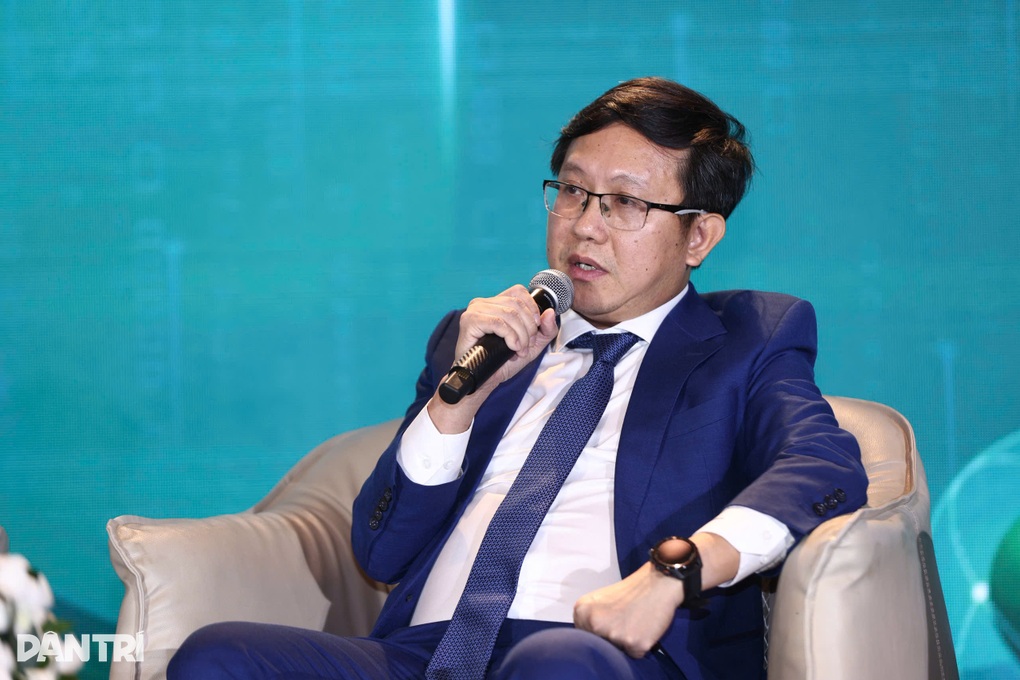
According to Mr. Tung, AI supports optimization of human resources and finance but has some limitations, so businesses should not rely too much on it (Photo: Nam Anh).
However, Mr. Tung said that the final step, setting goals, is decided by humans, by leaders, and the implementation stage will be coordinated by AI. AI supports optimization from human resources and finance but has some limitations, businesses should not rely too much on it but need good, synchronized data sources to bring good results.
"At the same time, in making decisions, humans are still decisive and AI only supports. We are living in an uncertain environment but AI cannot replace it. AI is a powerful partner, it cannot replace humans," Mr. Tung emphasized.
How do businesses apply AI effectively?
According to Mr. Dang Thanh Tung, for a multi-industry corporation, when implementing ESG and technology issues, the first challenge is to reach a unified view on ESG - this is not simple. ESG may bring benefits to one field, but is not suitable or difficult to apply to another field.
"For example, clean energy can bring positive effects, but in aviation the costs will increase; the same is true for real estate. Therefore, creating consensus and unity between sectors is very difficult," he said.
According to Mr. Tung, the most important factor is the will and determination of the top leader. The second is the linking of businesses into a chain to create overall benefits.
"In particular, the leading and coordinating role of the parent company is very important, helping to bring common benefits to all member units. In addition, there needs to be a clear roadmap, ensuring both immediate effectiveness and long-term benefits," he said.

According to Ms. Tran Phuong Nga, SME businesses are still under great pressure in terms of finance, sales KPIs and growth rate, making ESG vulnerable to coping without a comprehensive solution (Photo: Nam Anh).
According to Ms. Tran Phuong Nga, to implement effectively, she believes that 2 steps are needed. First is to build a "win - win" mindset so that employees are happy and united; next is the "sacrifice" stage, accepting to invest costs.
"SMEs applying AI in operations is a big and difficult problem, especially when hiring external consultants is both costly and potentially risky because the third party may not fully understand the business. Personally, I think ESG is a difficult problem, AI is also a difficult problem, but when combining the two, sometimes implementation is easier," Ms. Nga said.
Source: https://dantri.com.vn/kinh-doanh/doanh-nghiep-ung-dung-ai-vao-thuc-thi-esg-sao-cho-hieu-qua-20250814194106098.htm


![[Photo] President Luong Cuong receives Speaker of the Korean National Assembly Woo Won Shik](/_next/image?url=https%3A%2F%2Fvphoto.vietnam.vn%2Fthumb%2F1200x675%2Fvietnam%2Fresource%2FIMAGE%2F2025%2F11%2F21%2F1763720046458_ndo_br_1-jpg.webp&w=3840&q=75)
![[Photo] Visit Hung Yen to admire the "wooden masterpiece" pagoda in the heart of the Northern Delta](/_next/image?url=https%3A%2F%2Fvphoto.vietnam.vn%2Fthumb%2F1200x675%2Fvietnam%2Fresource%2FIMAGE%2F2025%2F11%2F21%2F1763716446000_a1-bnd-8471-1769-jpg.webp&w=3840&q=75)


![[Photo] National Assembly Chairman Tran Thanh Man holds talks with President of the Senate of the Czech Republic Milos Vystrcil](/_next/image?url=https%3A%2F%2Fvphoto.vietnam.vn%2Fthumb%2F1200x675%2Fvietnam%2Fresource%2FIMAGE%2F2025%2F11%2F21%2F1763715853195_ndo_br_bnd-6440-jpg.webp&w=3840&q=75)
![[Photo] General Secretary To Lam receives President of the Senate of the Czech Republic Milos Vystrcil](/_next/image?url=https%3A%2F%2Fvphoto.vietnam.vn%2Fthumb%2F1200x675%2Fvietnam%2Fresource%2FIMAGE%2F2025%2F11%2F21%2F1763723946294_ndo_br_1-8401-jpg.webp&w=3840&q=75)
















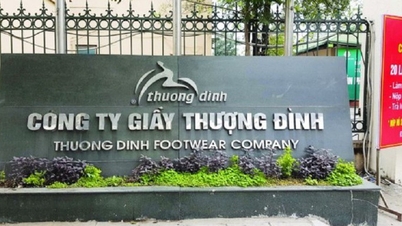






































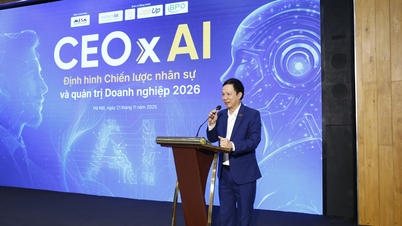
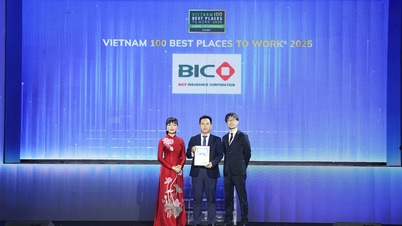











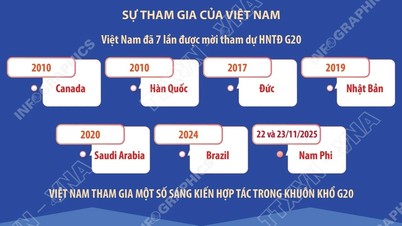




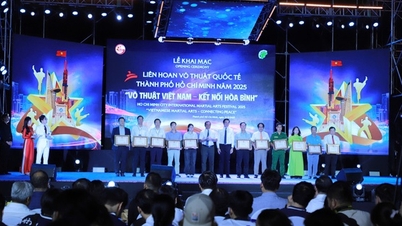






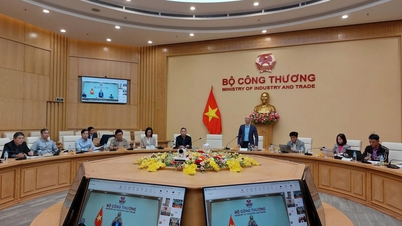
























Comment (0)